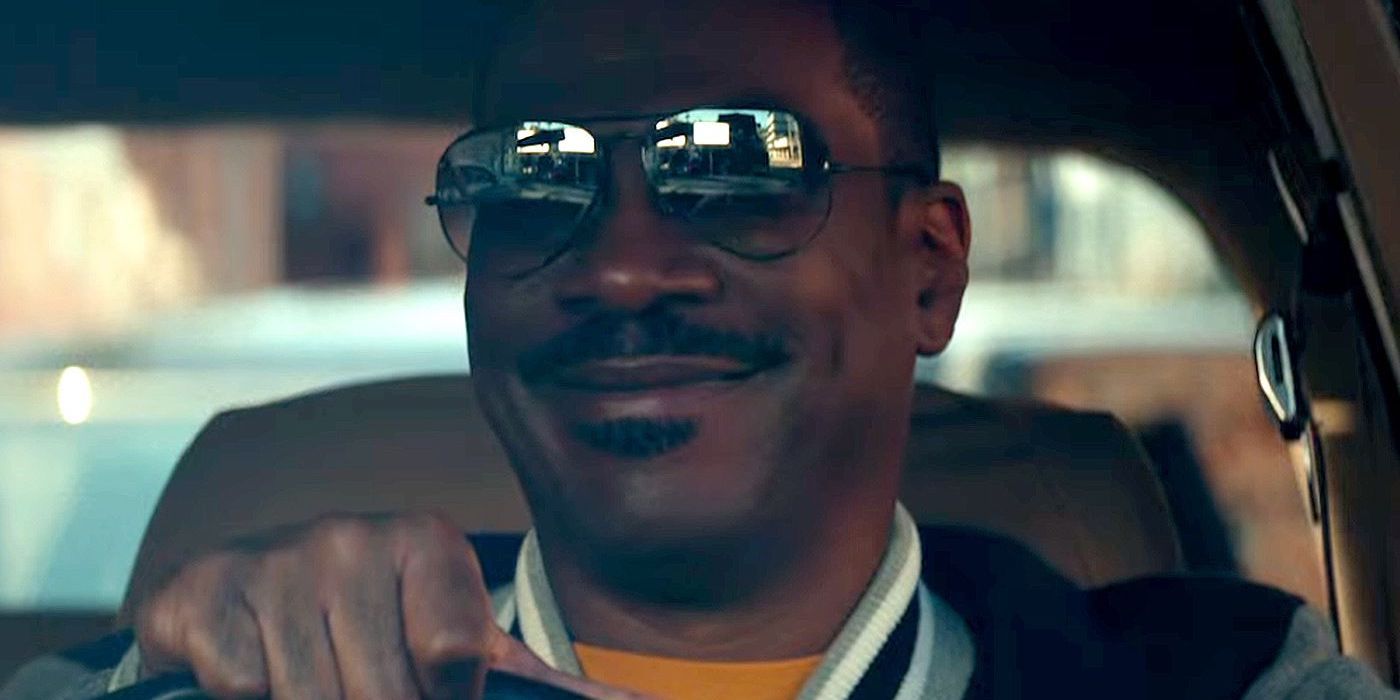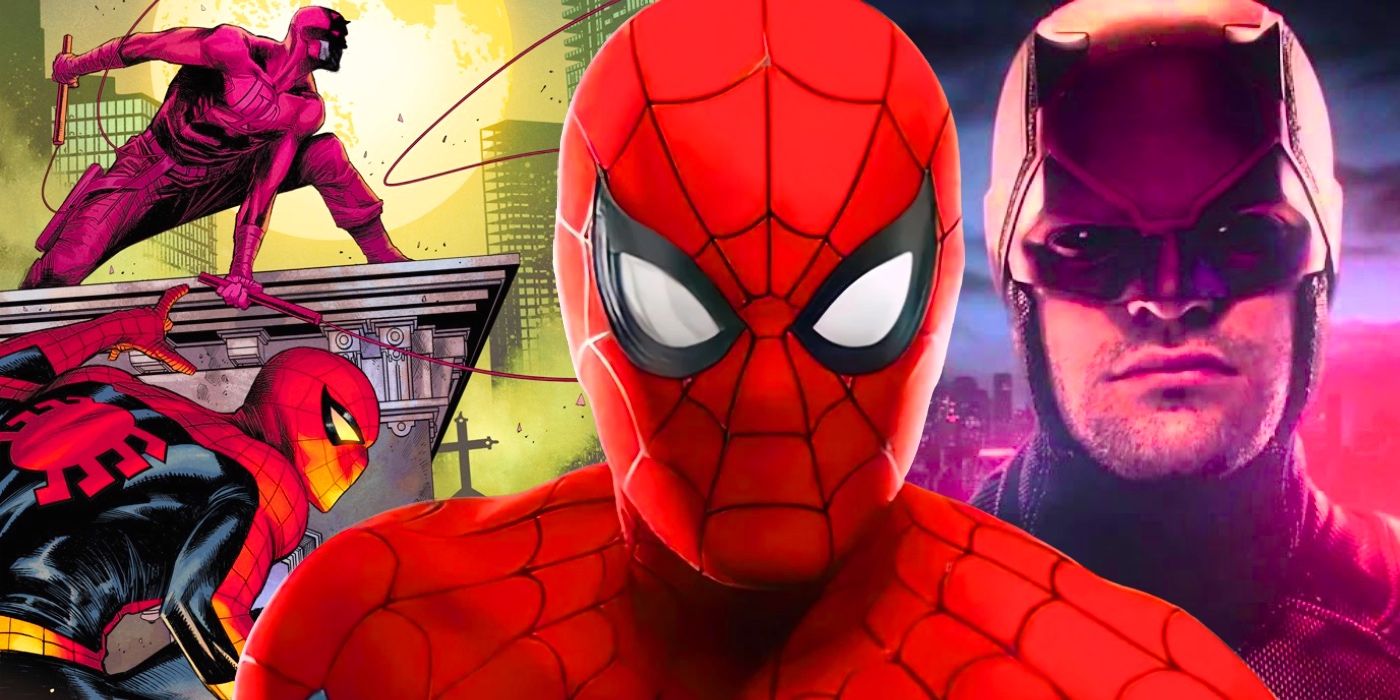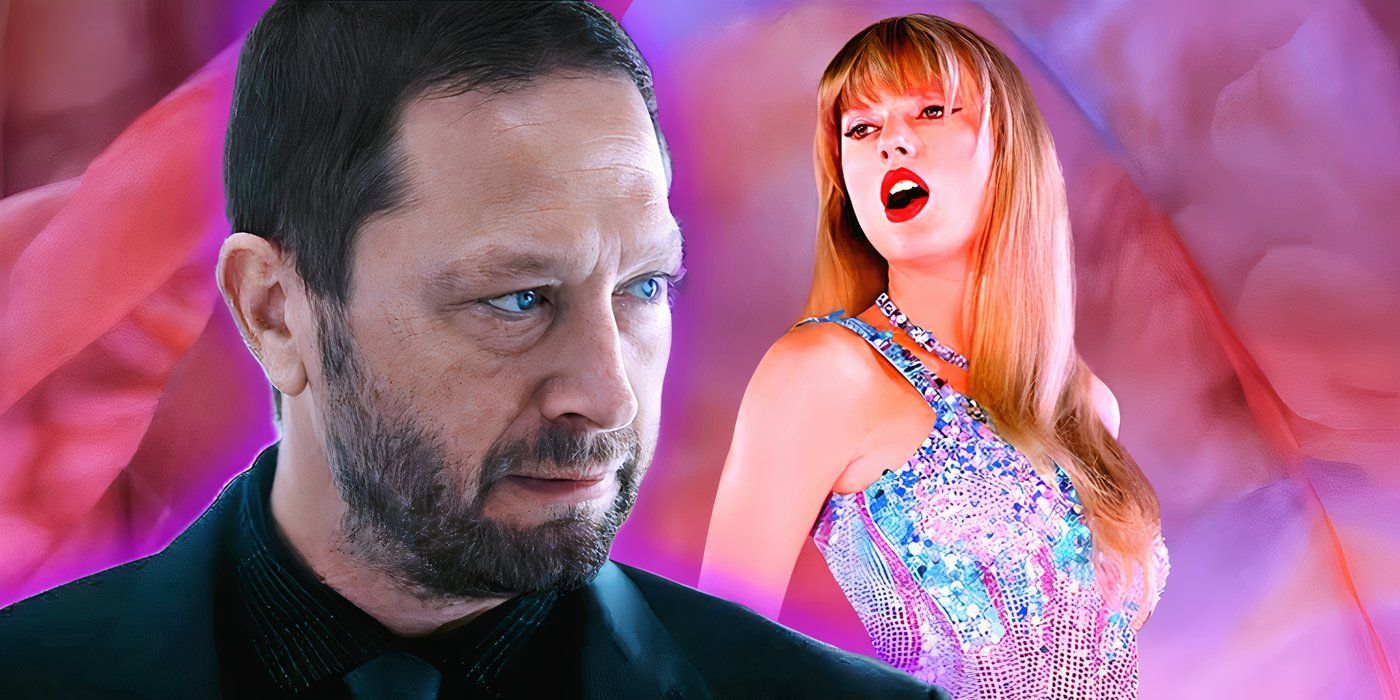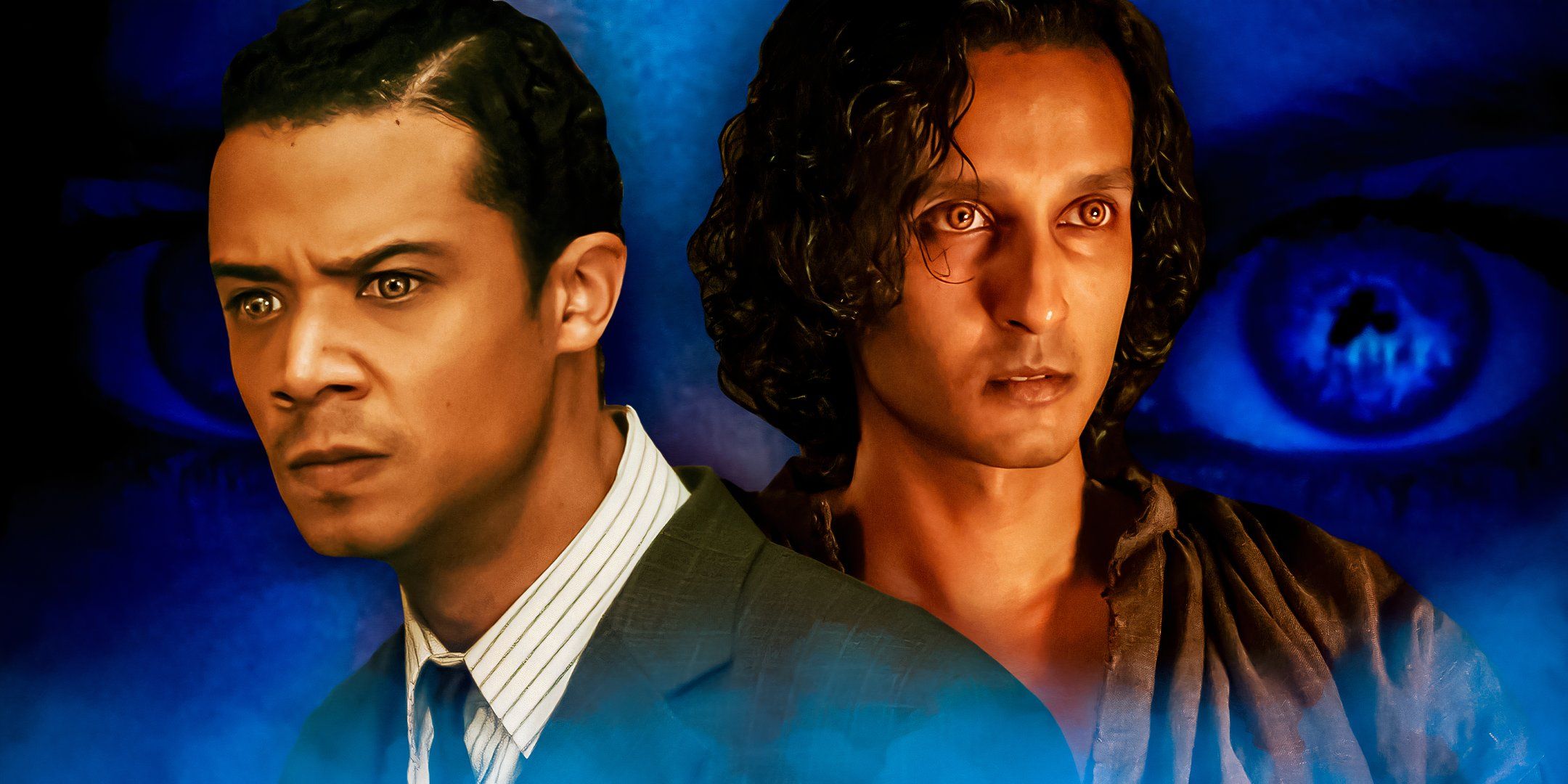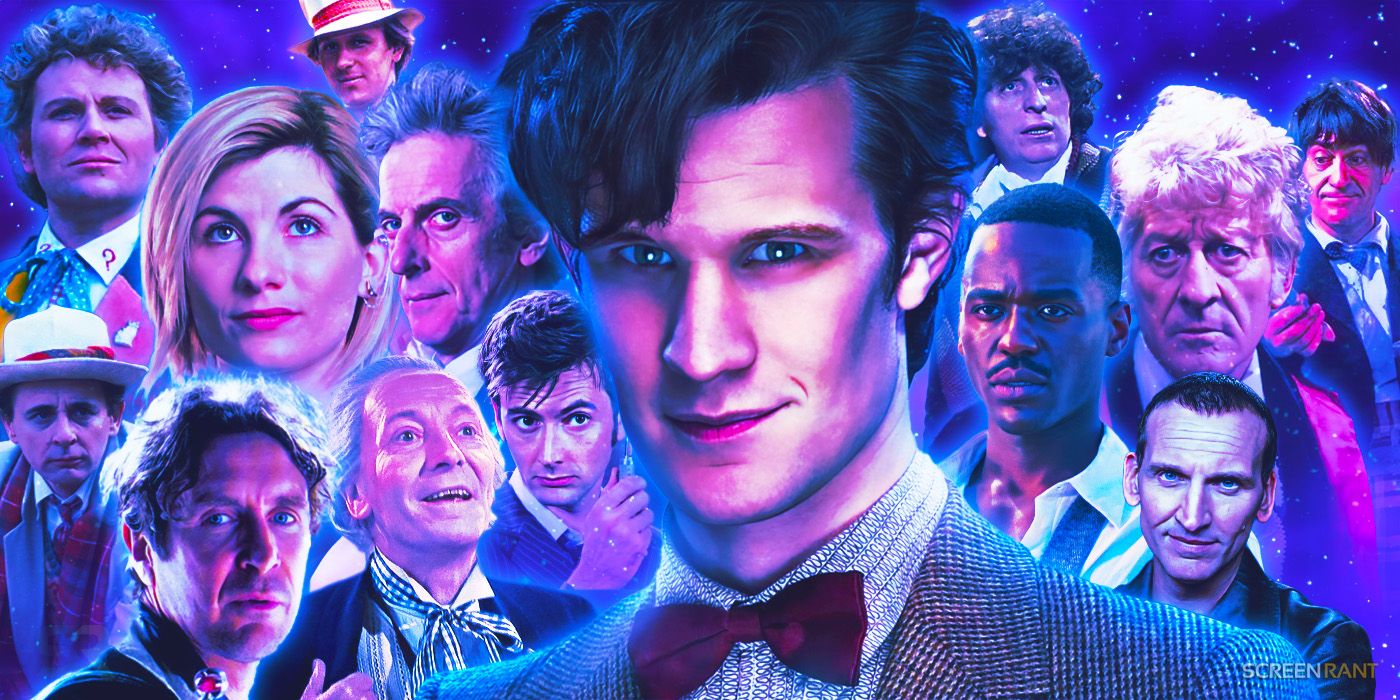The Star Wars sequel trilogy still proves divisive today, but Daisy Ridley’s character Rey was never the issue. Star Wars: The Force Awakens introduced audiences to a new trio of integral Star Wars characters, including Daisy Ridley’s scavenger Rey, John Boyega’s ex-stormtrooper Finn, and Oscar Isaac’s Poe Dameron, a top-notch Rebel pilot. No matter the circumstances, it would have been tough for these three actors and characters to follow in the legacy footsteps of Mark Hamill’s Luke Skywalker, Carrie Fisher’s Leia Organa, and Harrison Ford’s Han Solo. And yet, the new Star Wars trio did so with aplomb, even when all the cards were stacked against them both narratively and promotionally.
The issues with the Star Wars sequel trilogy started with The Force Awakens, as it was often lamented as a re-tread of the original Star Wars, later rebranded A New Hope. Despite that, however, these three exciting protagonists, and Adam Driver’s compelling villain Kylo Ren, proved there was more to this new narrative than meets the eye. Though Poe and Finn’s potential from The Force Awakens was unfortunately never fully realized in its sequels, Daisy Ridley’s Rey remained a high point of the franchise, as she went from a reclusive, lonely scavenger to one of the most emotionally complex Jedi Star Wars has ever had.
Even When The Star Wars Sequel Trilogy Was Bad, Daisy Ridley Wasn’t
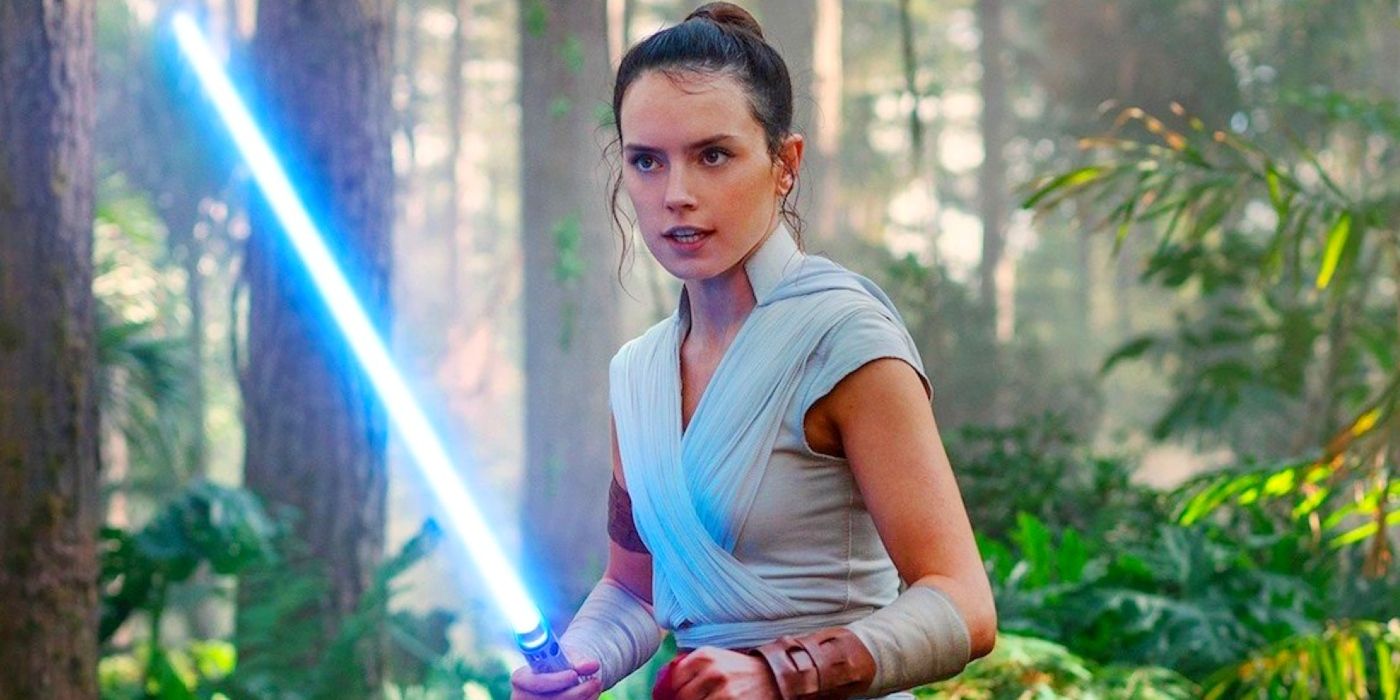
There is plenty of criticism to be lobbed at the Star Wars sequel trilogy; some of it is warranted, while some of it comes down to a matter of personal taste, and yet Daisy Ridley’s performance as Rey is not as easy to critique. Daisy Ridley grew alongside the character, her performance nuanced when it needed to be and powerfully emotional when the storyline called for it. Despite some of the more contrived storytelling choices in the Star Wars sequel trilogy, like the reveal that Rey was Palpatine’s granddaughter in Star Wars: The Rise of Skywalker, Ridley managed to rise above the challenge and ensured that Rey was still the focus of the story.
Ridley held her own alongside icons like Hamill, Fisher, and Ford. She also had great chemistry with Boyega’s Finn, and a fun rapport with Isaac’s Poe, despite not enough time being afforded to either of those relationships. Not to mention her performance together with Adam Driver’s Vader-esque Kylo Ren, scenes of which spawned an entirely new fan-favorite “ship” which remains a contentious point of discussion to this day. All in all, Daisy Ridley managed to carefully balance the spectrum of emotion she needed throughout the Star Wars sequel trilogy, all the while navigating the sadly predictable criticism of Rey being a “Mary Sue” character.
Rey Is The Star Wars Sequel Trilogy’s Consistent Highlight
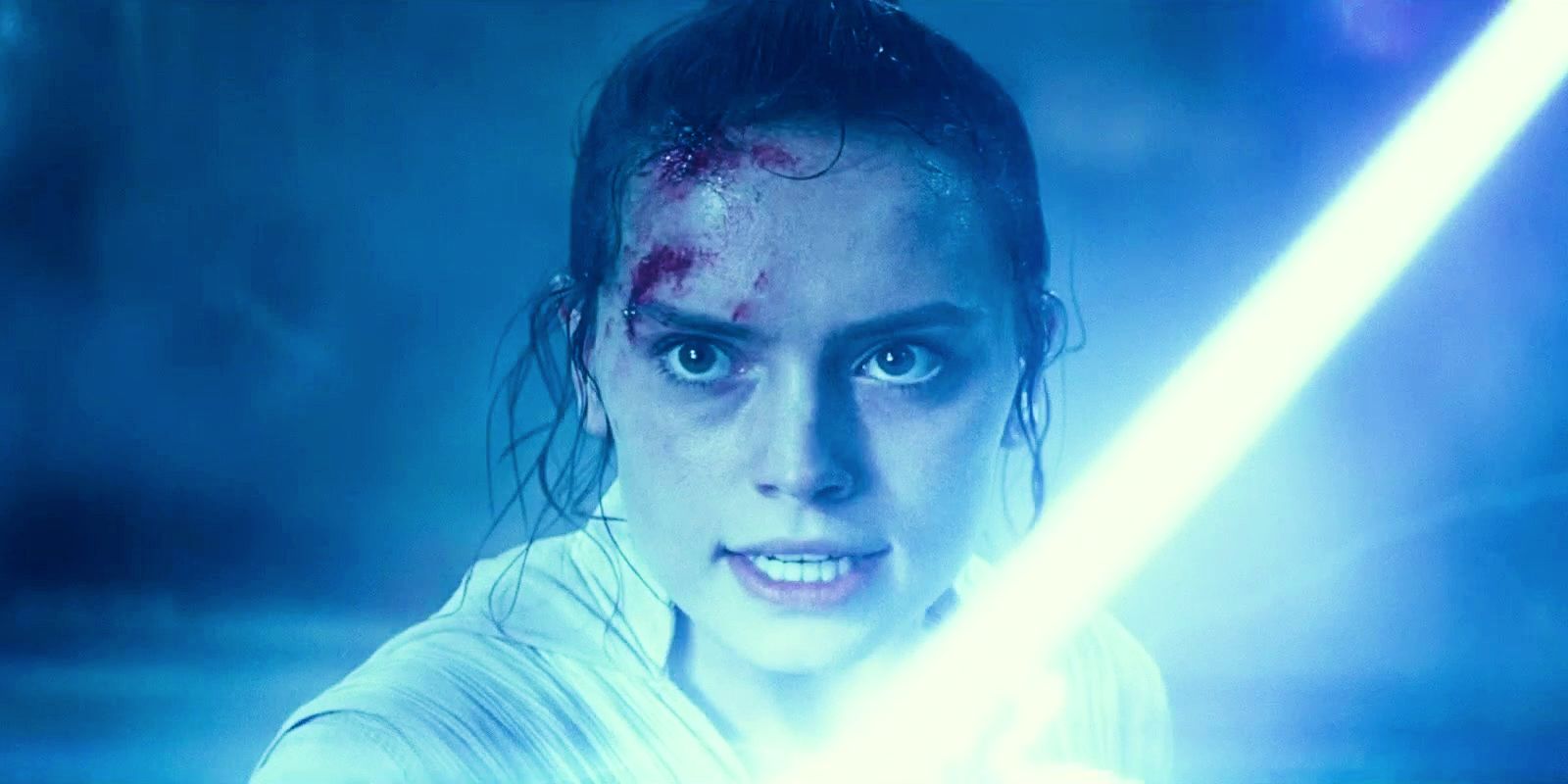
Rey is the Star Wars sequel trilogy’s protagonist, and thankfully, she is its highlight as well. Despite a plethora of new characters introduced in the Star Wars sequel trilogy, it is Rey’s character that is given the most detailed character arc, and the most consistent narrative. Until The Rise of Skywalker, Rey’s story was about someone who would have been dismissed out of hand by most, rising up and taking their place in the galaxy, becoming a hero without any connections to legacy characters in a franchise that has arguably used its legacy as a crutch for too long.
Watching Rey go from scavenger to Jedi, watching her kindness grow from fixing a lost droid’s antennae to saving the galaxy because she freely showed kindness to a villain who did not always deserve it, captured the entire essence of Star Wars as a franchise. From the beginning, Star Wars has claimed that the smallest act of rebellion could affect change. Rey’s character proved that the smallest act of kindness can do the same. Despite Rey’s history being changed in The Rise of Skywalker, that part of her character never wavered. Until the Palpatine revelation, Rey believed she was a nobody, and she decided to become something more in spite of that knowledge.
Star Wars Let Rey Down (But Not As Much As Other Characters)
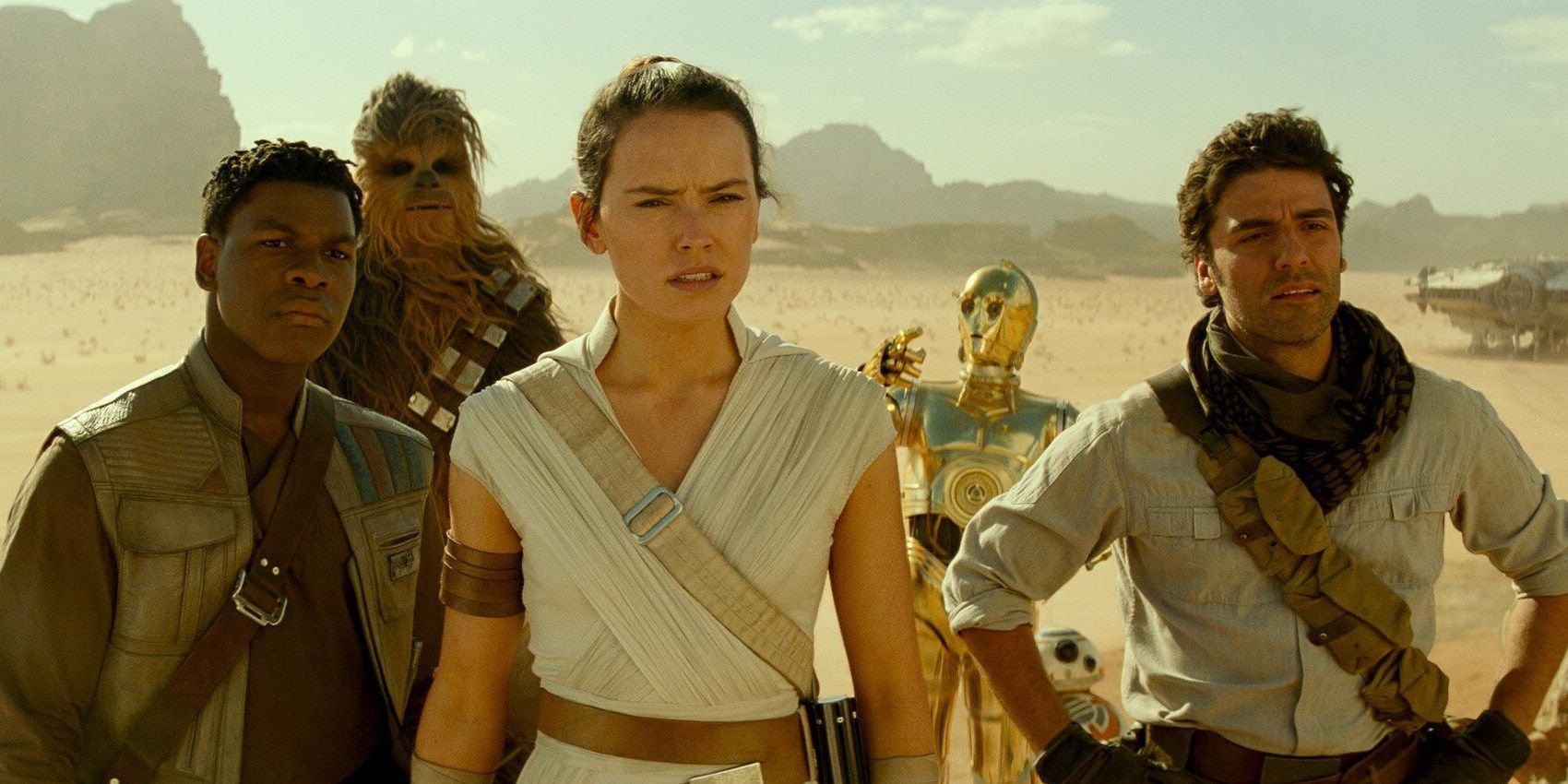
Despite Daisy Ridley’s memorable performance, Rey’s character was still let down by the Palpatine reveal in The Rise of Skywalker. In Star Wars: The Last Jedi, Rian Johnson made it a point that Rey was a “nobody”, and that she had taken her place in the Skywalker saga without needing a link to the wider story. That was what made her so compelling – the Force was a part of her because of who she was as an individual, not because of genetics or a prophecy. The Rise of Skywalker undid all of that interesting character-building, reducing Rey’s affinity with the Force to being the result of genetics, not her self-belief.
The “Rey is a Palpatine” reveal in The Rise of Skywalker after Johnson’s “Rey is a nobody” reveal in The Last Jedi was the result of bad planning. When Lucasfilm started working on the Star Wars sequel trilogy, there was no cohesive plan – writers and directors were left to their own devices to continue what was begun in The Force Awakens without any real direction. It made the entire Star Wars sequel trilogy as a whole feel indecisive, and the question of Rey’s parentage is the prime example of the consequences of this loose approach. And still, Daisy Ridley’s Rey wasn’t even the worst affected by this messy storytelling method.
John Boyega’s Finn and Isaac’s Poe were left by the wayside in The Last Jedi and The Rise of Skywalker, decimating the potential they both displayed in The Force Awakens. Finn, especially, could have had an amazing character arc. A stormtrooper who turns his back on everything that he was conditioned to believe was a powerful message. But in the end, there was too much focus on Finn’s relationship with other characters. Finn and Kelly Marie Tran’s Rose Tico were sent off on a separate adventure in The Last Jedi, and Finn was often too focused on Rey without regard for his future. The hints of his being Force-sensitive were never explored to the extent that he deserved, either.
Poe Dameron, similarly, was reduced to a hot-headed pilot in The Last Jedi, and severely underutilized in The Rise of Skywalker, to the point where his character didn’t really make an impact anymore on the narrative as a whole. Poe, like Hera Syndulla in Star Wars Rebels, was an ace pilot who flew like few others could, even without the aid of the Force. His skills deserved to be explored more, as did his past, without using a throwaway line about him being a spice runner that is never examined further. Daisy Ridley’s Rey might have been let down by her heritage, but Finn and Poe were arguably let down even more.
A Star Wars Return Can Do Daisy Ridley’s Rey Justice
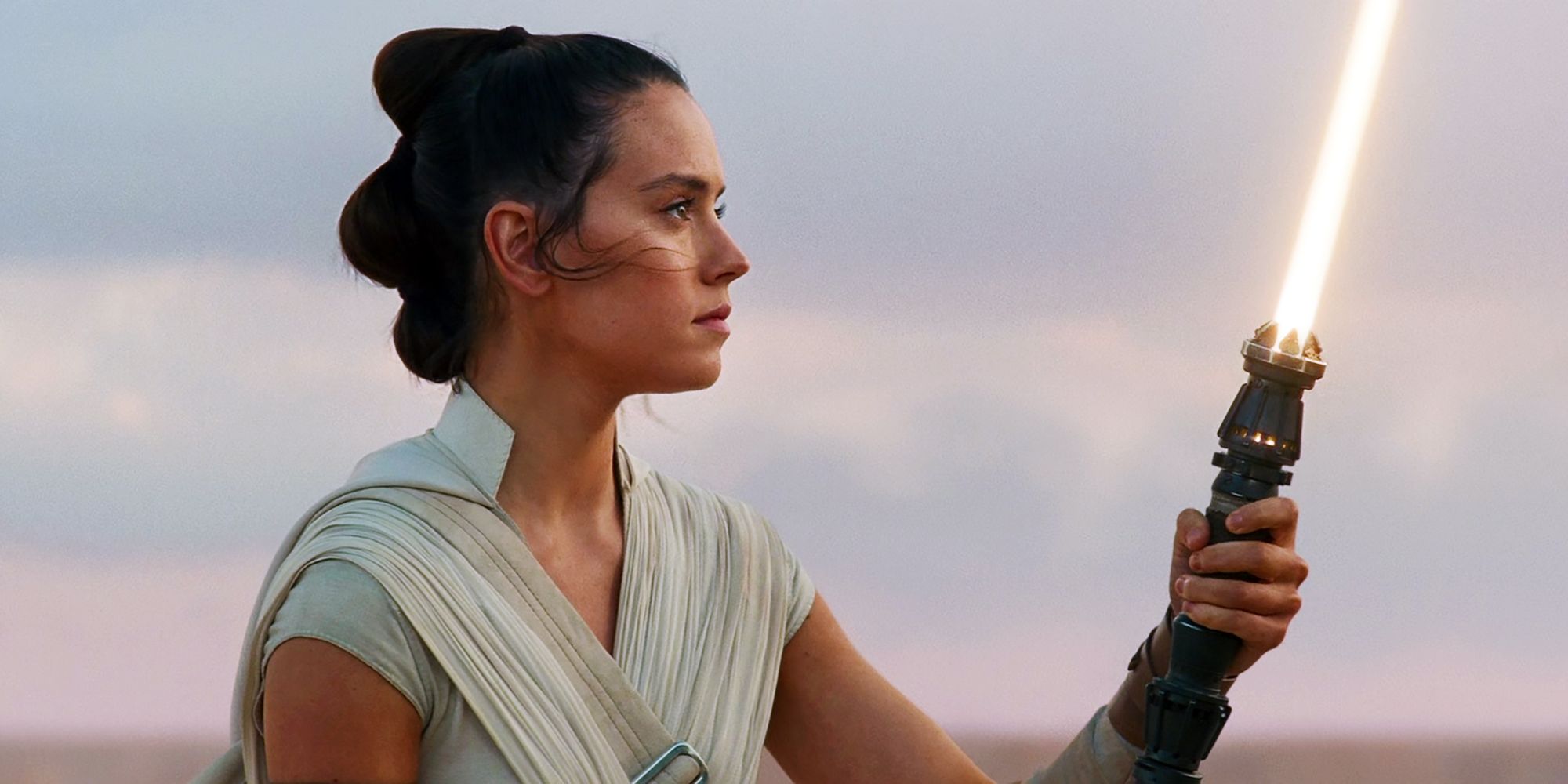
Since the release of The Rise of Skywalker, there has been speculation about how, or even if, the Star Wars sequel trilogy characters will return to the franchise. Daisy Ridley’s Rey is specially set for a reappearance, given how her story ended by choosing her legacy, forging a unique lightsaber, and setting off into the sunset with an entire future before her. Is she truly “the last Jedi”, or will she start an academy and find new Force-sensitives, the same way Luke tried to? Will she be affiliated with the galaxy’s latest governmental substitute at all? These are all questions that Rey’s return could answer, but they are not even the most important ones.
More interesting to explore with Rey’s return to Star Wars would be her place in the Force. The Last Jedi and the end of The Rise of Skywalker hinted that she would become an agent of balance in the Force, rather than serving either the light or the dark exclusively. How does that affect her connection with the Force? How does that affect her abilities? Rey’s Force-healing, for instance, was unlike anything seen in Star Wars before. There is no entirely right or wrong way to exist as a Jedi, as Ahsoka Tano has similarly proven. Daisy Ridley’s return to Star Wars as Rey would provide an interesting avenue to explore a different side of the franchise.
